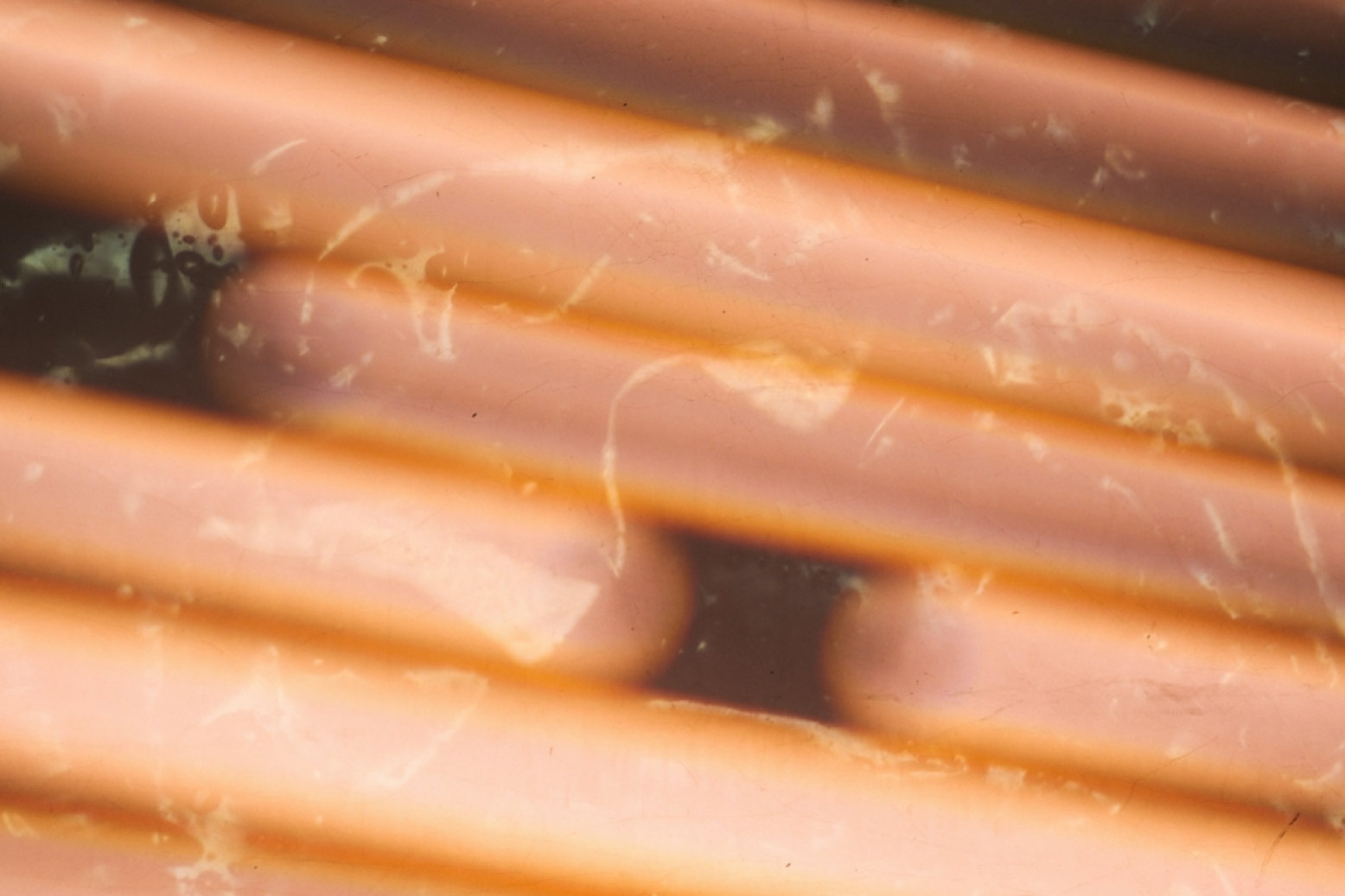Five ways to be grateful that boost your health.
Can being grateful for what you already have in your life really be enough to increase your overall happiness and feelings of wellbeing?
It is believed that the simple act of feeling fully appreciative for the things you already have is one of the easiest things you can do right now to almost instantly boost your happiness and feelings of content. Let’s take a deep dive into the practice of gratitude to see how it can directly influence your perception of life in a more positive way and increase your levels of happiness. It takes very little time, and is completely free, so why not explore how you can start to implement this simple, yet highly effective practice into your already hectic day.
Gratitude is the quality of being thankful for what you already have instead of focusing on, or even being consciously aware of what you don't. In addition to this, it is the ability to turn what may at first seem like a bad situation into a good one and even teach you to see the lesson or learning from initially perceived negative experiences.
When we look around there can be plenty of people in much worse situations and circumstances than we are. If you have a bed to sleep in at night, have access to three meals a day plus clean drinking water, have at least one person in your life you can confidently confide in and generally fee l safe, then, arguably you are better off than many throughout the world today.
So why is it that many of us feel less than peachy a great portion of the time?

We can partly blame this on our human biology. Our brains are hard wired to continually seek out any potentially harmful or dangerous threats in our environment as a survival mechanism. This means we constantly search for the bad as opposed to seeing the good in any situation. By training our brains to search for, or see the good things that surround us, we begin to re-wire our brains to see the good in our environment instead of immediately defaulting to the bad. This equals more positive and optimistic humans. Win!
But can’t I just buy a new pair of shoes, secure that promotion or get that new car I’ve been looking at to instantly feel happier?
In short, No. In Yale Universities free Coursea program based off of their most popular course in over 300 years “Psychology and the Good Life” Professor Laurie Santos teaches us that some of the common misconceptions about happiness are that it can be attained via external means. This is unfortunately not possible due to something called hedonic adaption. Hedonic adaption is our tendency to quickly return to a relatively stable level of happiness despite major positive or negative events. That new car or new pair of shoes might make you happier for a period of time, it is fleeting and you will in time return back to your previous level of happiness.
“To have gratitude is one thing, to practice gratitude is another”
How exactly can we start being more grateful and teach ourselves to focus on the positives that already exist? Here are some simple techniques to get you started:
In short, No. In Yale Universities free Coursea program based off of their most popular course in over 300 years “Psychology and the Good Life” Professor Laurie Santos teaches us that some of the common misconceptions about happiness are that it can be attained via external means. This is unfortunately not possible due to something called hedonic adaption. Hedonic adaption is our tendency to quickly return to a relatively stable level of happiness despite major positive or negative events. That new car or new pair of shoes might make you happier for a period of time, it is fleeting and you will in time return back to your previous level of happiness.

Write.
At the end of each day write down three things you are grateful for. These do not by any means need to be extravagant.
They can be as simple as feeling appreciation for a random smile given by a stranger, or a conversation with a friend that made you feel good. This practice is about being grateful for what you may have previously perceived as normal or mundane and now seeing it as the small miracle it is. Let’s take coffee for instance. Be grateful that you were able to afford to buy your coffee this morning, that you live in a country with clean water to make the coffee and that you have the use of one or both arms to drink the coffee (assuming you do of course). A large portion of the people on this planet do not have all of these things. See where I am going with this? Be truly grateful for the small things.
Re-live some of your favourite experiences.
As part of your meditation practice or simply as a practice on its own, sit with your eyes closed and think back to one of your favourite experiences. This can be a conversation with a friend that you really enjoyed, spending time with a loved one or an amazing holiday you’ve been on. Probably a while ago now! Really re-live the full experience in your head. Think about how it made you feel, any sounds or smells that may have been associated with the experience and see in your minds eye what you saw when you were there. The more you can use your senses to almost trick your body into thinking you are back in that moment, the better. Sit with this for around 6-8 minutes. When you come out of the practice you should feel instantly elevated.
Focus on what you have not on what you don’t have.
Think about all the amazing and wonderful things you have in your life as opposed to what you perceive you are lacking. When we really look at all of the positive things around us we start to look at the world a little differently and seek out the good rather than the bad. A simple practice to begin is the next time you are out in nature look at a tree and really admire its strength and beauty. Observe the trees colours, the shape of its leaves and the way its roots dig deep down into the earth grounding it in the rich and abundant soil. Appreciate all that the tree embodies. You could even try thanking the tree for all of its life giving qualities. For the oxygen the tree provides, and the life it gives to our wildlife. This may feel a little silly at first but appreciating something so simple will over time start to make you look at things much differently.
Say thank you.
Appreciate the things that others do for you and what you do for yourself. We all want and need to feel appreciated whether this is given to us by others or whether we just thank and appreciate ourselves. It doesn’t matter. Thank yourself, thank others, thank your pets, you can literally thank anyone and anything. This may again feel a little silly at first but I promise it will make you smile.
Look at your challenges as opportunities for growth and evolution.
Happy and grounded humans look at their obstacles and challenges as positive things in their life that both teach them a lesson, and give them the opportunity to grow. Look at your challenges not as set backs but as opportunities to evolve into a better, stronger version of yourself.
Whilst certain experiences can be extremely difficult at the time, when we choose to look at them as opportunities for growth, we shift our perspective and take back control. Many of us all too easily slip into a victim mentality asking “why me?” when we can instead shift our perspective to “okay, this happened, and this is what I’m going to take from it”. This puts the power back into your hands and allows you to take back full control of your feelings towards the event. Whilst this can be extremely difficult at the time, especially in the case of trauma, it is an extremely powerful practice that should not be underrated.
The benefits of gratitude like most things come with a consistent practice. So whilst it might seem daunting to add another thing into your already busy life, the practice of gratitude can be as short as a 3 minute daily practice that can be done absolutely anywhere. So why wait? What are you grateful for right now?



